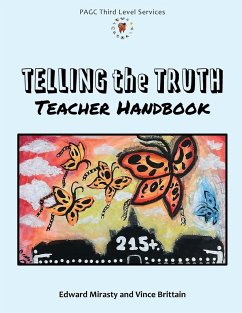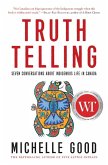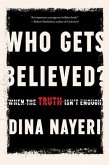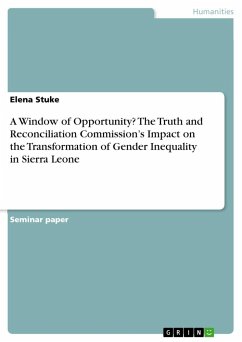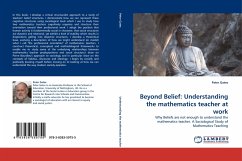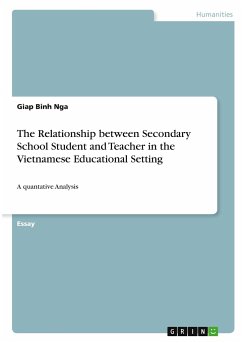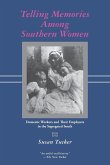This handbook guides teachers who facilitate talking circles regarding Indian Residential Schools to promote healing, reconciliation, and truth telling. Stories are a traditional way of passing knowledge, history, and culture to Indigenous People. Through that lens, we look inwards to find ourselves as Canadians. Therefore, it is for this reason that collecting IRS stories open and heal the 'soul wound' that has impacted Canada's Indigenous Peoples. This vital initiative proposed by Grand Chief Brian Hardlotte represents a sharing of stories from past IRS survivors and how they endured the trauma from former caregivers of these assimilative institutions. These stories shared by past survivors allow us as teachers, students, and administrators to remember the histories of Residential Schools to bring context to the current socioeconomic conditions of Canada's First Peoples. As a form of reconciliation, it is said that the truth must come before reconciliation can begin. These stories shared in traditional talking circles are a way to bring healing and move forward in our educational journey as a form of resiliency. To destroy the toxins that infiltrate our communities, families, and ourselves, "Telling the Truth" stories can bring an antidote to stop the cycle of intergenerational trauma.

